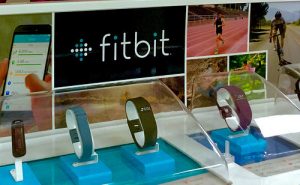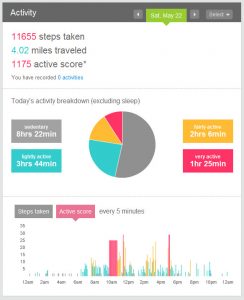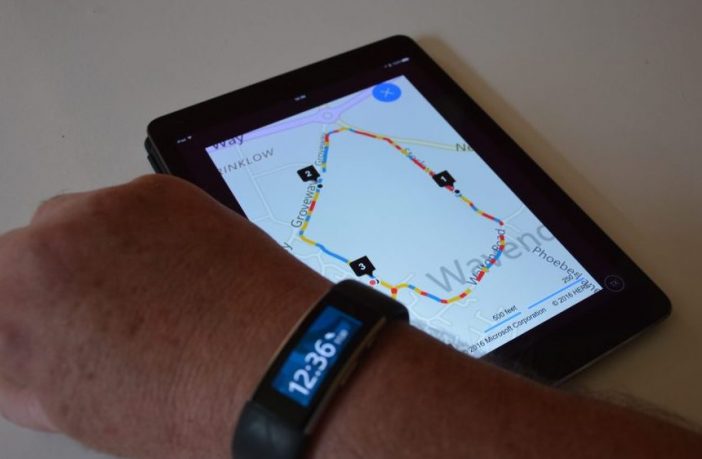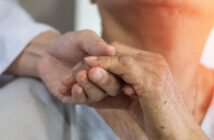Could wearable fitness trackers like Fitbits – currently seen as trendy accessories for the young – play a key role in improving the health of older people?
This is what Open University researchers aim to discover, in a year-long study following people over 55 using a range of digital wearable health-monitoring technologies.
The research will also investigate whether wearables currently on the market are sufficiently accessible and appealing to older users, and how they could be made more age-friendly.
The research follows an explosion in the number of wearable fitness tracking devices available, typically designed as wristbands or watches. These enable wearers to monitor fitness measures such as number of steps walked, heart rate, sleeping patterns or calories expended.

Photo by JeepersMedia 
Older people and activity trackers
The Open University project, funded by the Sir Halley Stewart Trust and carried out in partnership with the charity Age UK Milton Keynes, will examine how older people get on with a mix of available devices, ranging from activity trackers to ‘smart’ watches.
Shailey Minocha, Professor of Learning Technologies and Social Computing, is leading the Open University research along with co-investigators Dr Caroline Holland and Dr Duncan Banks, working with researchers Catherine McNulty and Alice Peasgood.
Professor Minocha says:
We want to try and understand what benefits these devices may bring in terms of helping older people to monitor their health, maintain their mobility, even improve their social interactions.
“We also want to understand the difficulties – do older people have access to the technology to download the data from these devices? Are the displays so small that older people can’t read them? Are the appearances of the devices acceptable to older people and are they designed to fit in with their lifestyle?”
The research will also involve relatives, carers and health professionals who may be involved in downloading or interpreting data from these devices, exploring the challenges they face and the issues of privacy and ethical dilemmas.
Link to industry and health care
The emphasis is not on the devices themselves, like Fitbits, which are changing all the time as the technology evolves. Instead, researchers are focused on developing a set of recommendations which can be used by the fitness tracking industry in their product development, and by health care professionals in their practice.
The industry is currently geared mainly to young people, but the project aims to highlight the role these technologies can play for older people in the new growth area of digital healthcare.
The future of digital healthcare
The research will feed into the NHS agenda where digital health innovation is becoming a priority.

Fitbit output chart
A report by digital entrepreneur Martha Lane Fox to the NHS National Information Board last December recommended increased take-up of internet-enabled services in health and care.
“The technology is developing so fast, more and more people will be monitoring their health themselves and will be sending data to professionals based elsewhere,” says Professor Minocha.
“In future, these devices will play an important role in older people’s wellbeing. They could help to prevent strokes; or help a doctor monitor someone to determine if they are fit enough to undergo chemotherapy, or if the patient is keeping themselves mobile enough for sustained recovery after a medical intervention.
“We see this research as a small project which has the potential for a very high impact in digital health. This is particularly in areas such as developing ethical principles and practices of sharing and using data from these devices for remote monitoring or diagnosis.”
This project builds on The Open University’s expertise in conducting research on wellbeing and quality of life in later life, including the ways in which digital technology can benefit older people.
Find out more:
- The Open University’s research into ageing and later life
- Courses in ageing and later life
- Free course materials on ageing on OpenLearn



